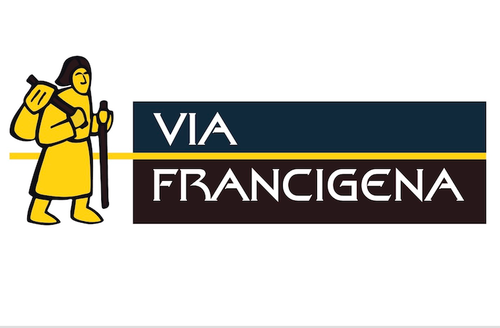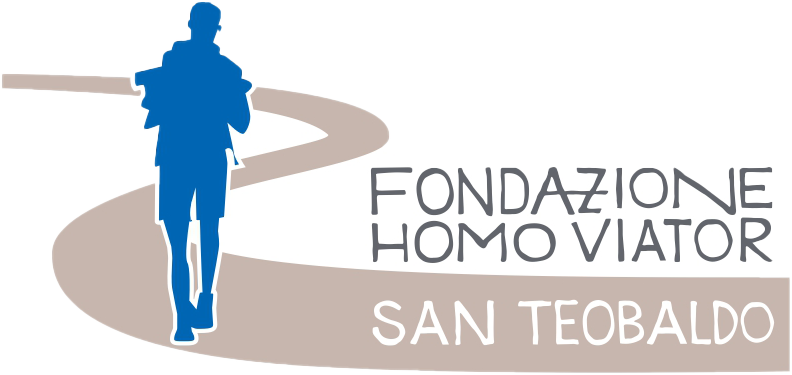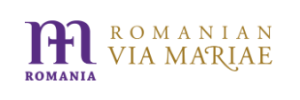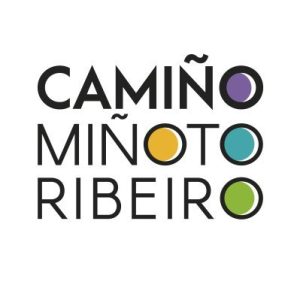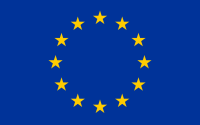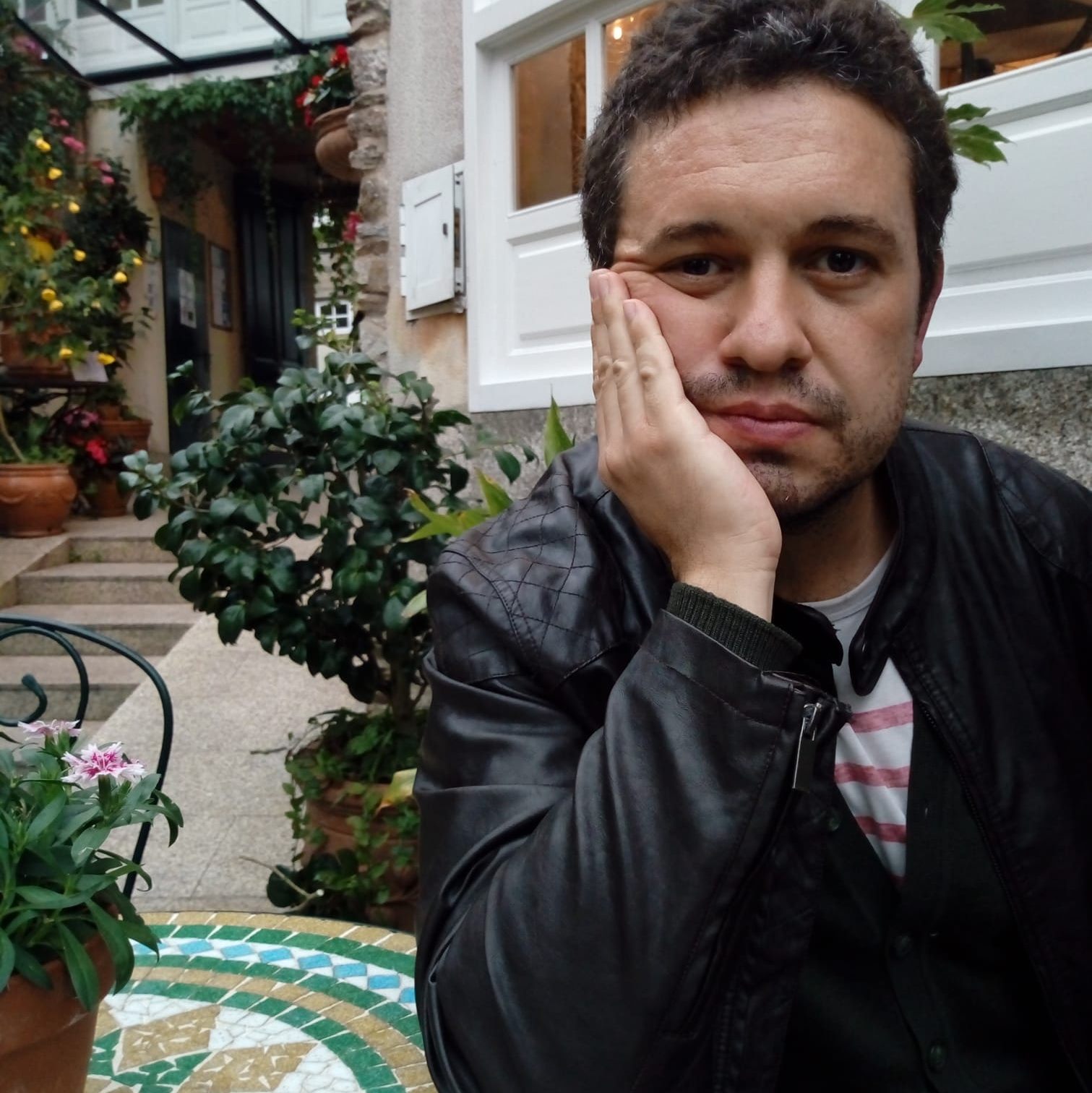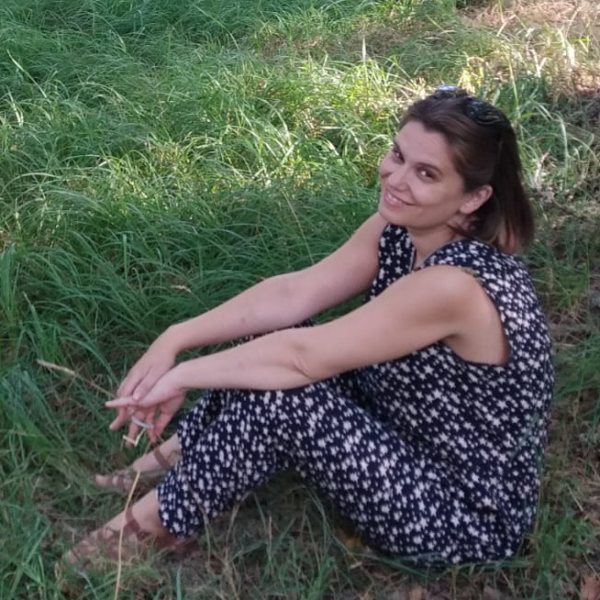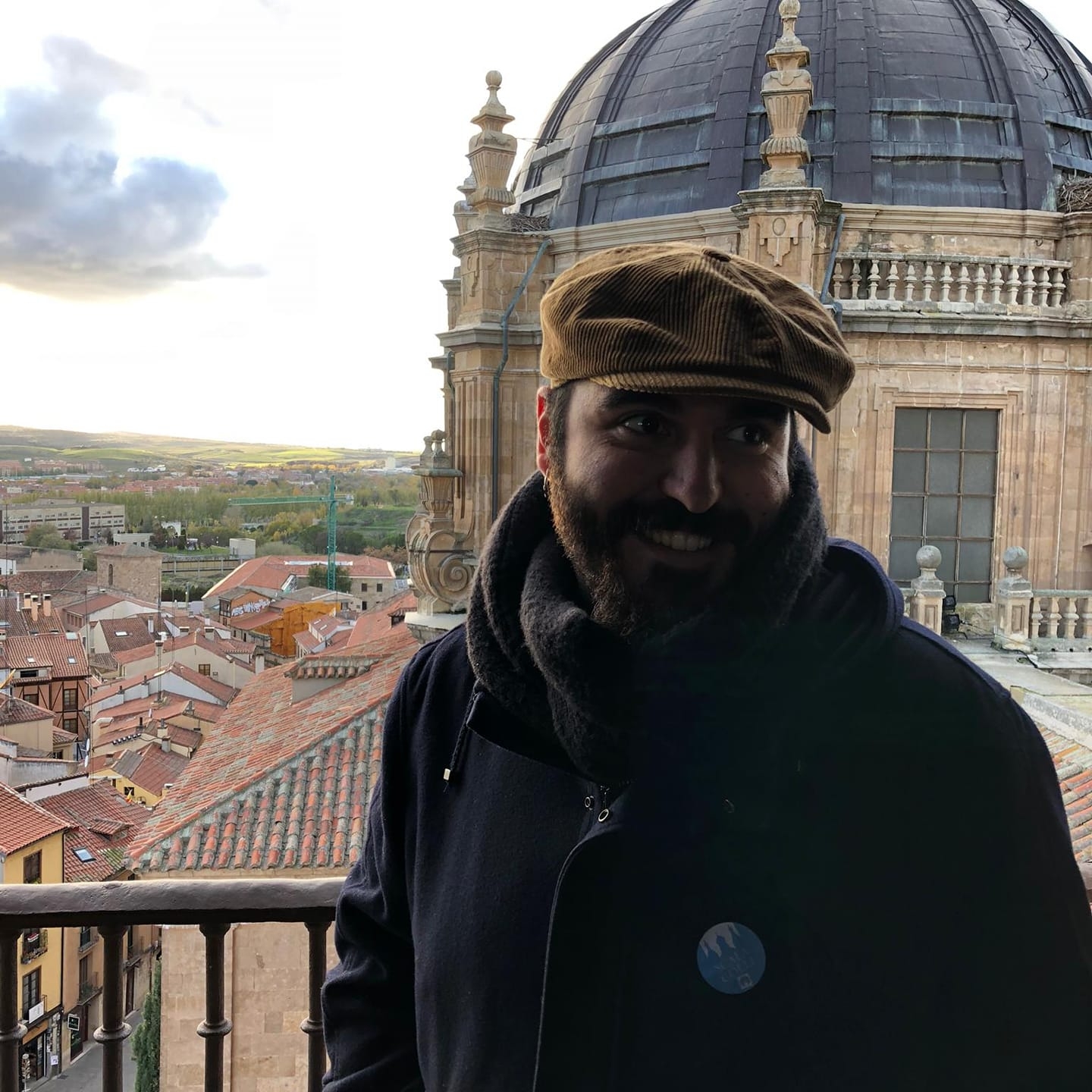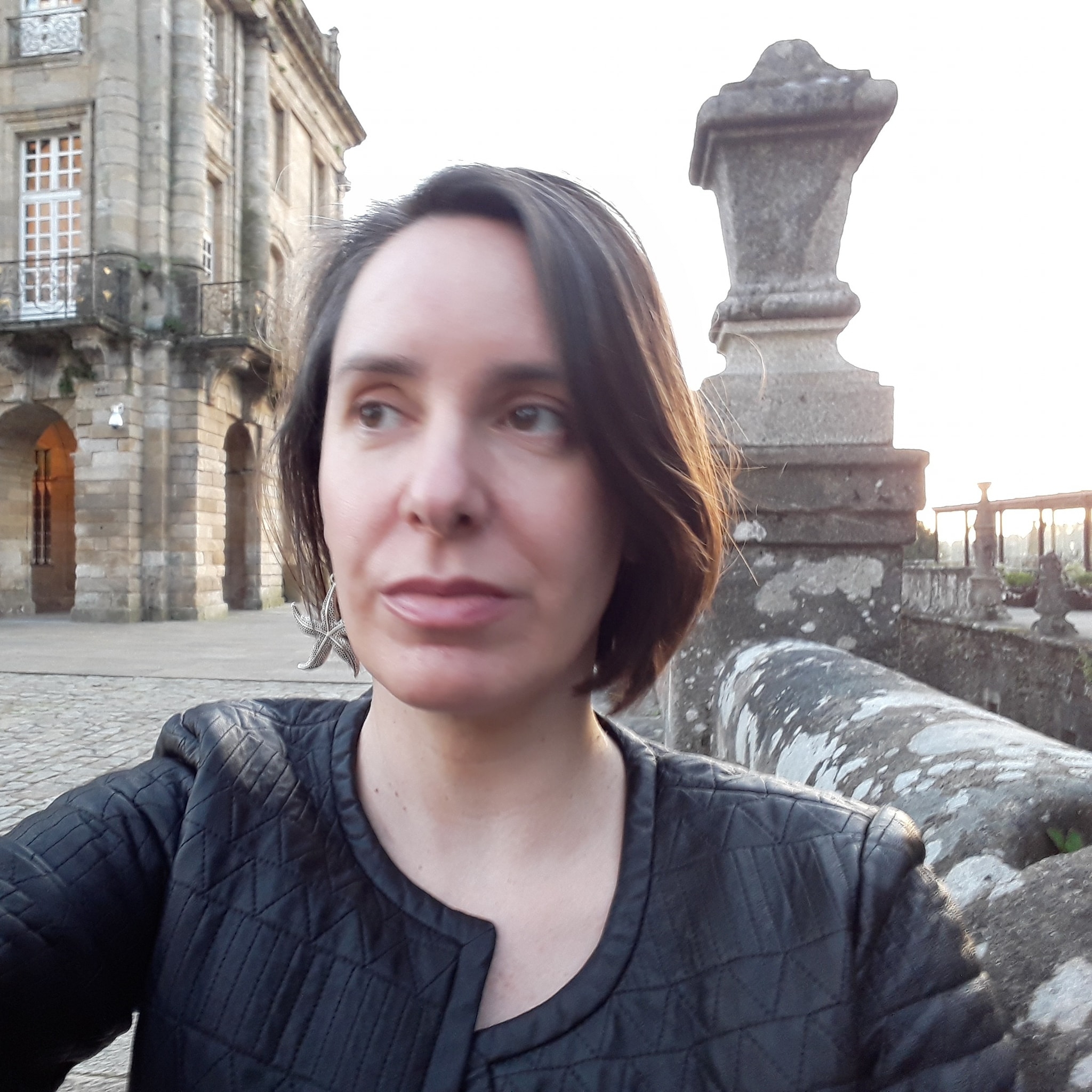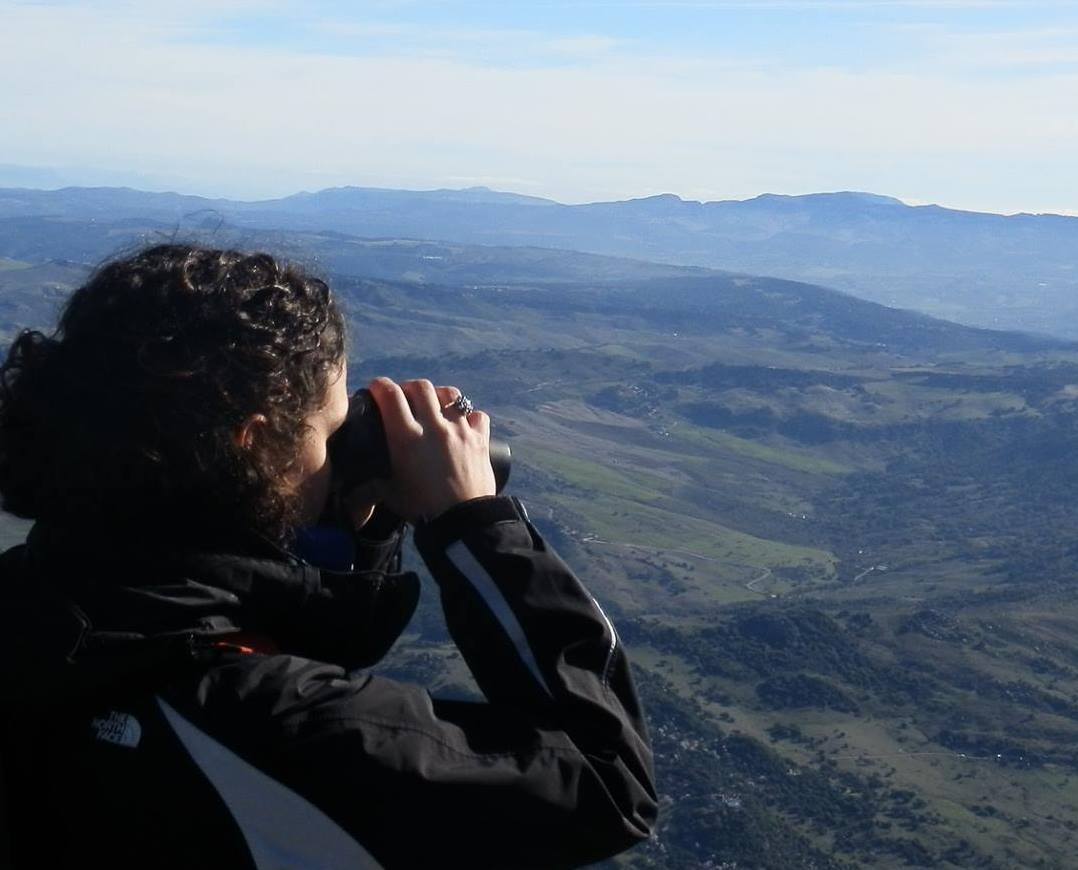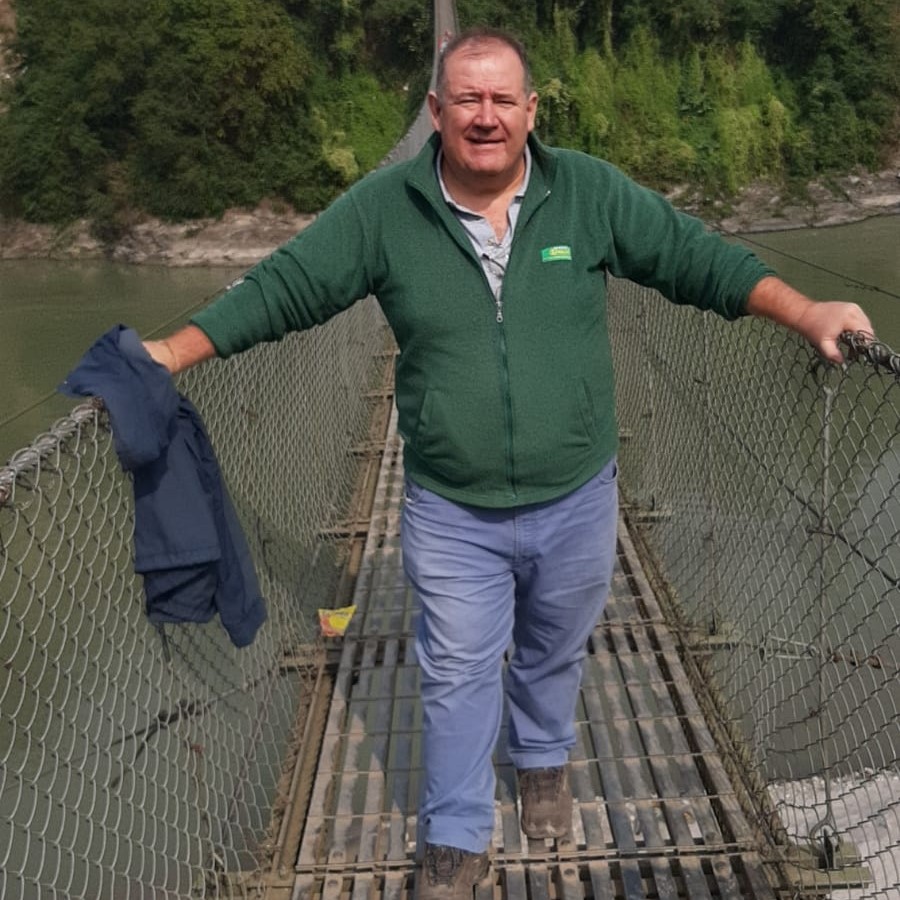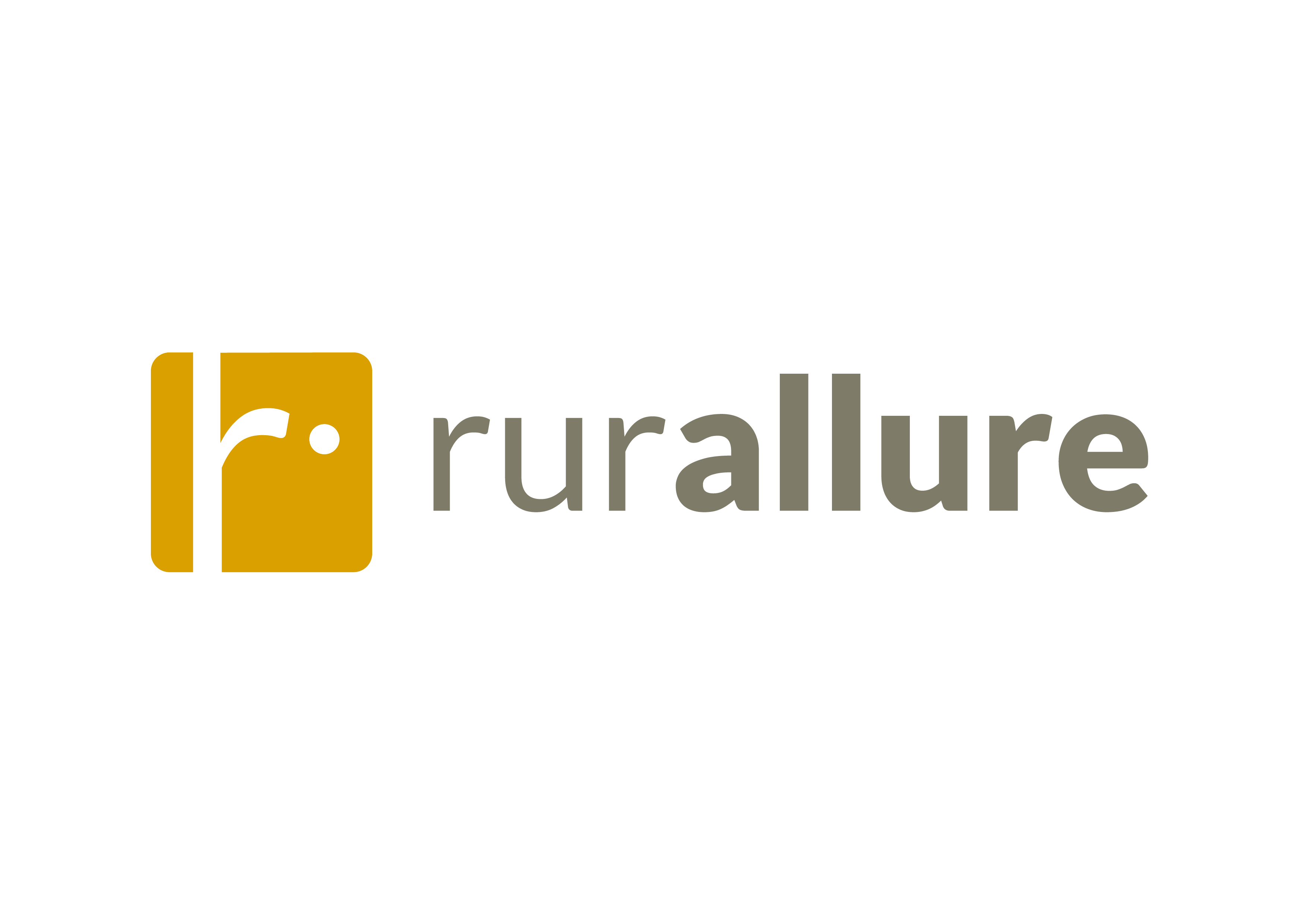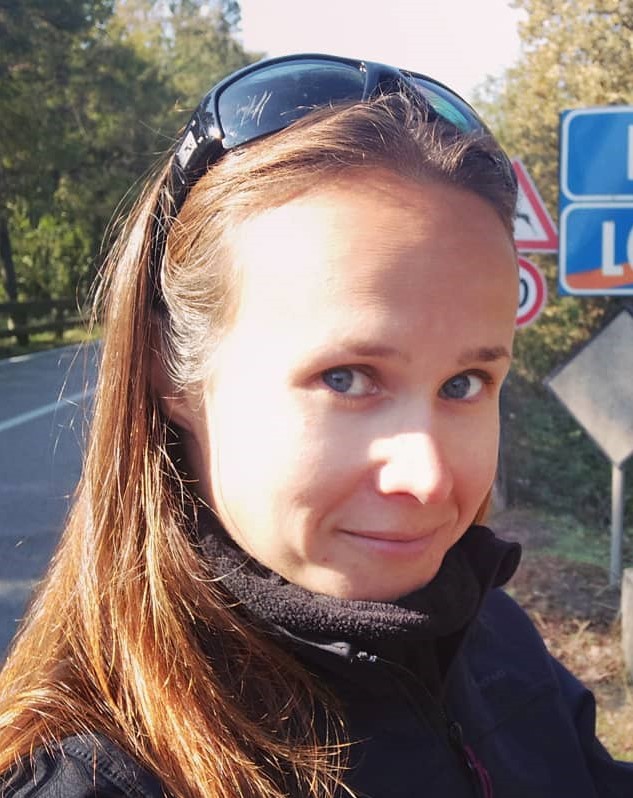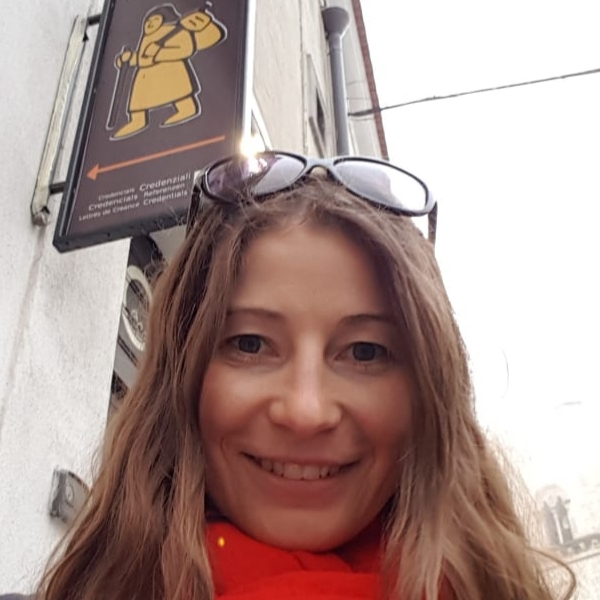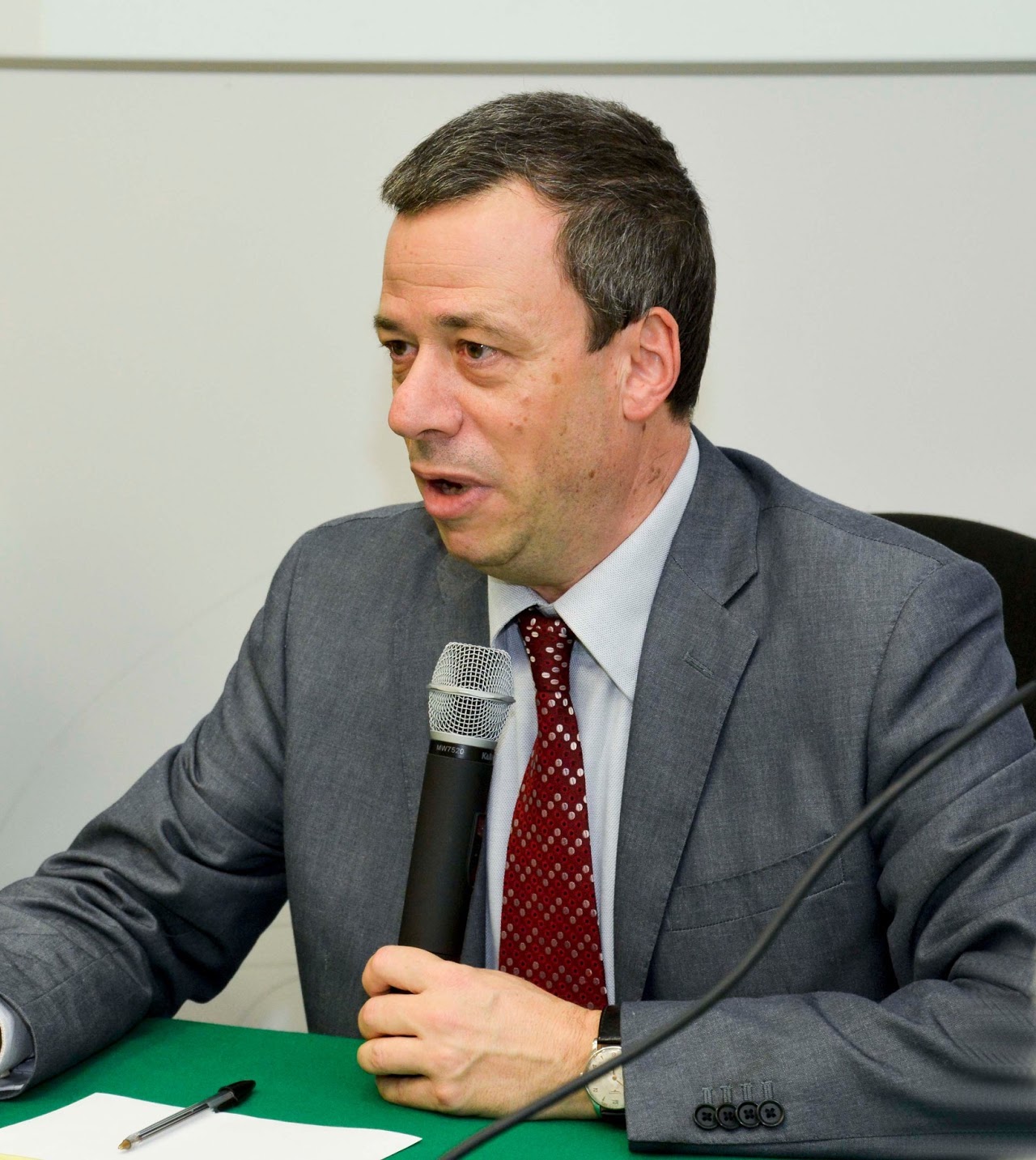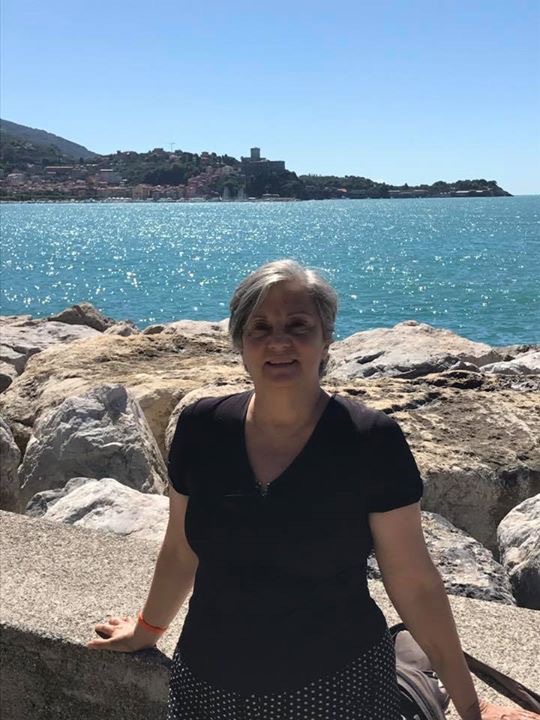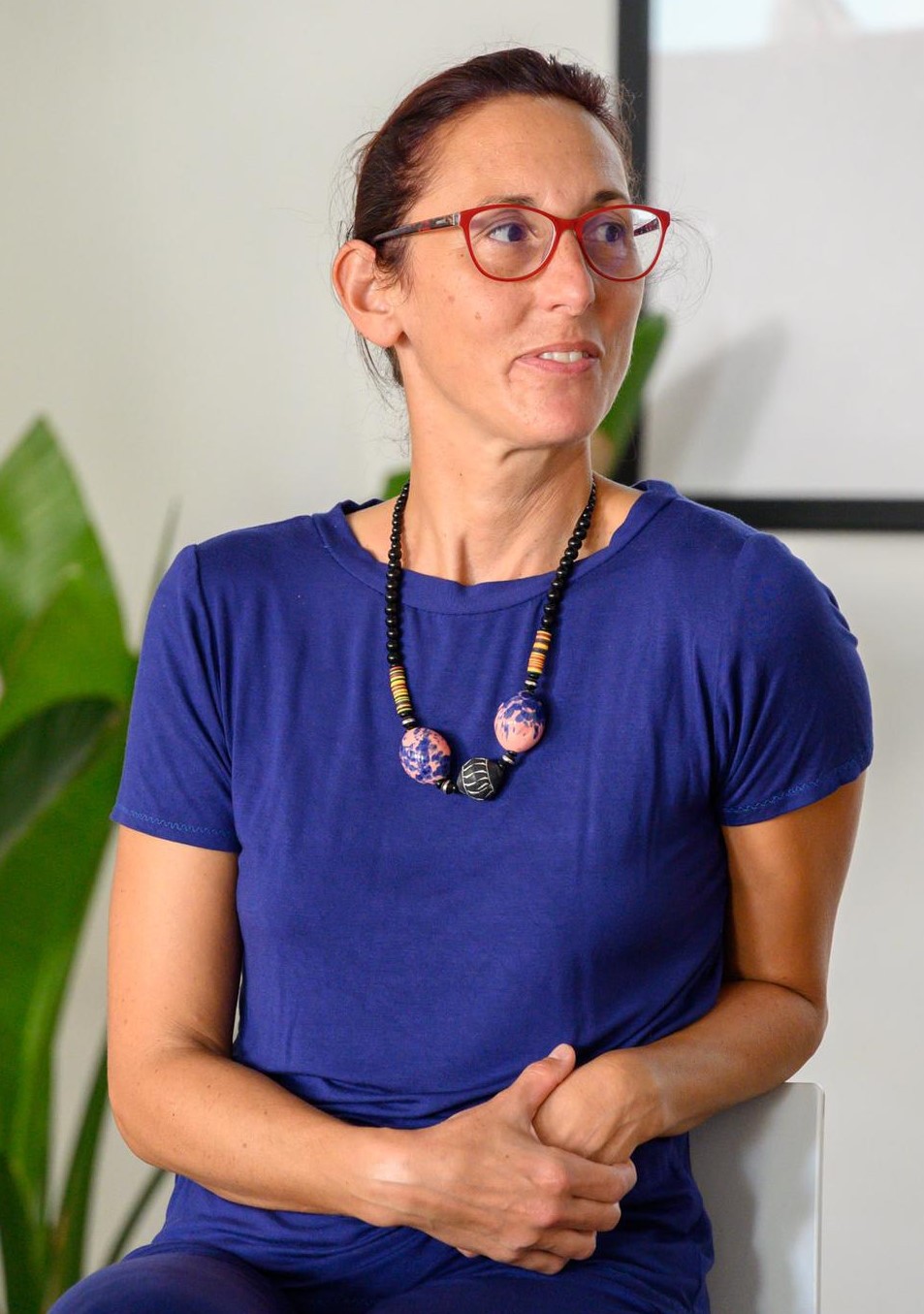Network
The European Cooperation Network along the Pilgrimage Routes aims to act as a facilitator for cooperation at pan-European level, including regional, national and international collaboration among the several agents involved in pilgrimage routes management and promotion.
The Network favours coordination among key players (cultural heritage institutions, local governments, organisations managing the routes, etc.) in order to raise a common voice and build the case for more support at European level, while serving as a platform to share best practices on rural development through cultural tourism.
It is chaired by the Public Association of the Way of Mary (MUTKE) from June till December 2023.
Visit the network’s website: https://pilgrimage-network.eu/
Aims
The network takes a systematic approach to:
● Fostering cooperation,
● Exchanging best practices,
● Providing training and assistance for fundraising and project execution,
● Lobbying at the European level.
Members
The Network unites: Public Association of the Way of Mary / Maria Ut Kozhasznu Egyesulet, European Association of Romea Strata, European Association of the Via Francigena ways, European Association of the Via Romea Germanica, Romanian Way of Mary Association (Asociatia Via Mariae), Camino Miñoto Ribeiro association.
The membership is open to the pilgrimage routes and stakeholders from the tourism and cultural fields. To adhere the network contact contact@rurallure.eu.
Background
Launched on 27 June 2023 in Norwegian Gjøvik at the premises of the Norwegian University of Science and Technology, the Network is a spinoff of the Horizon 2020 project rurAllure: Promotion of rural museums and heritage sites in the vicinity of European pilgrimage routes (January 2021 – December 2023).
The project partners designed methodologies and tools to enable pilgrims and tourists to discover the hidden treasures of rural areas, enhancing the pilgrimage experience through culture and heritage. The desired effect was to spread the benefits that the flows of visitors generate in rural areas and to improve collaboration among all stakeholders involved.
The work conducted in rurAllure yielded a number of outputs that may be harnessed to support the Network, including a manual of transfer of good tourism practices, a white book of recommendations, a catalogue of actions tested in the rurAllure pilots and that could be replicated in similar contexts, and an IT platform (ways.rurallure.eu) with a purpose-made Content Management System and an ecosystem of software tools and services, usable via web and mobile applications.
In parallel, the rurAllure partners carried out an analysis that included the development of a Policy Brief. This work shed light on the strategic potential of transnational pilgrimage routes to act as catalysts for local development and cross-border cooperation. However, it was found that this potential is hindered by a lack of a common governance framework to allow coordination between the actors involved in pilgrimage at pan-European level.



